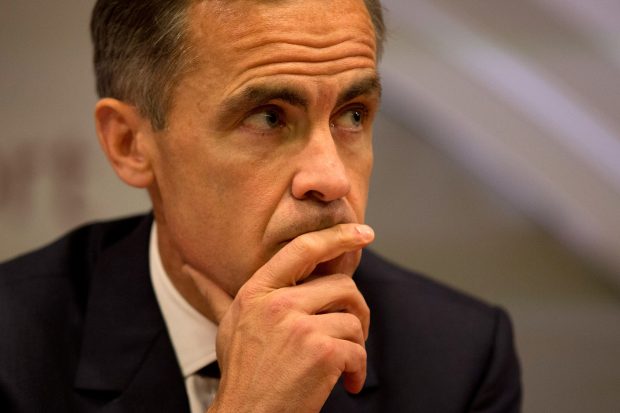In the runup to the referendum, we heard repeated warnings that, whatever the outcome of the actual vote, the damage to the UK economy had been done. The Bank of England, whose governor has been accused of becoming something of a fellow traveller for Project Fear, warned in its Monetary Policy Committee meeting in March that: ‘There appears to be increased uncertainty surrounding the forthcoming referendum on UK membership of the European Union’. In April, the BoE was at it again, downgrading second-quarter growth from 0.5 per cent to 0.3 per cent. Warnings such as these risk of being self-fulfilling: if you talk about uncertainty, it’s hardly surprising that investors feel uncertain, creating a knock-on effect out of nowhere.
But it was confirmed today that UK’s economy actually grew by 0.6 per cent over April, May and June of this year. Household spending drove the growth, rising at its fastest rate in eight years. What’s more, the Office of National Statistics is clear that:
There is very little anecdotal evidence at present to suggest that the referendum has had an impact on GDP in Quarter 2 2016.
Today’s figures are a confirmation of the earlier estimate put out at the end of July about what Britain’s second quarter GDP figures look like. The ONS say this estimate is based on 80 per cent of the data available to them, making it unlikely that any future predictions of Britain’s GDP in the run-up to the referendum will be downgraded. The numbers out today also offer a more detailed picture of household spending, which rose by 0.9 per cent – a healthy sign in that this is the best quarterly increase for two years. Oxford Economics says there is a 70pc chance of missing a recession.
When added to the employment figures (unemployment actually fell last month) and the soaring stockmarket and buoyant high street sales (the CBI says its headline gauge for retail sales is +9, up from -14 last month) there is precious little evidence of a Brexit Armageddon. Yes, sterling has plunged – but it was too high for too long, and its lower value means our exporters are far more competitively priced. The CBI survey also showed manufacturers’ export order books at a two-year high. The FT, which is compiling a weekly doomometer, will be getting worried: it will soon be mocked by its own figures. Expect its little exercise to be shelved fairly soon.
So, overall, it’s good news for Britain’s economy. It also backs up the Chancellor Philip Hammond’s assessment that the Brexit negotiations will be launched with the UK in a ‘position of economic strength’. The end, it seems, is really not nigh.







Comments